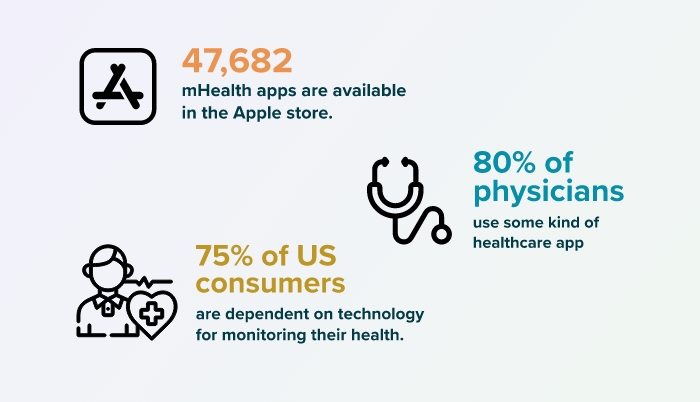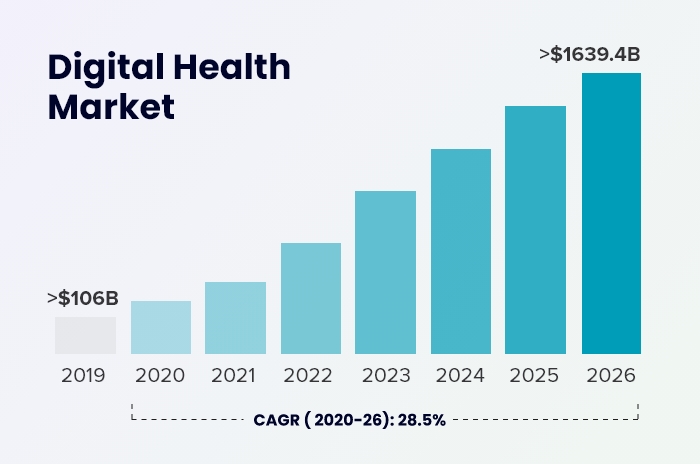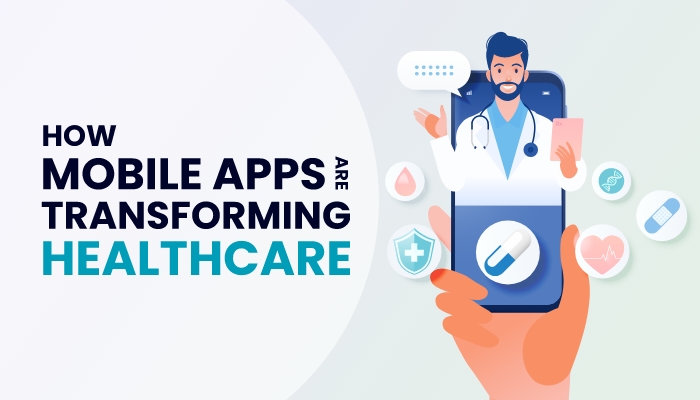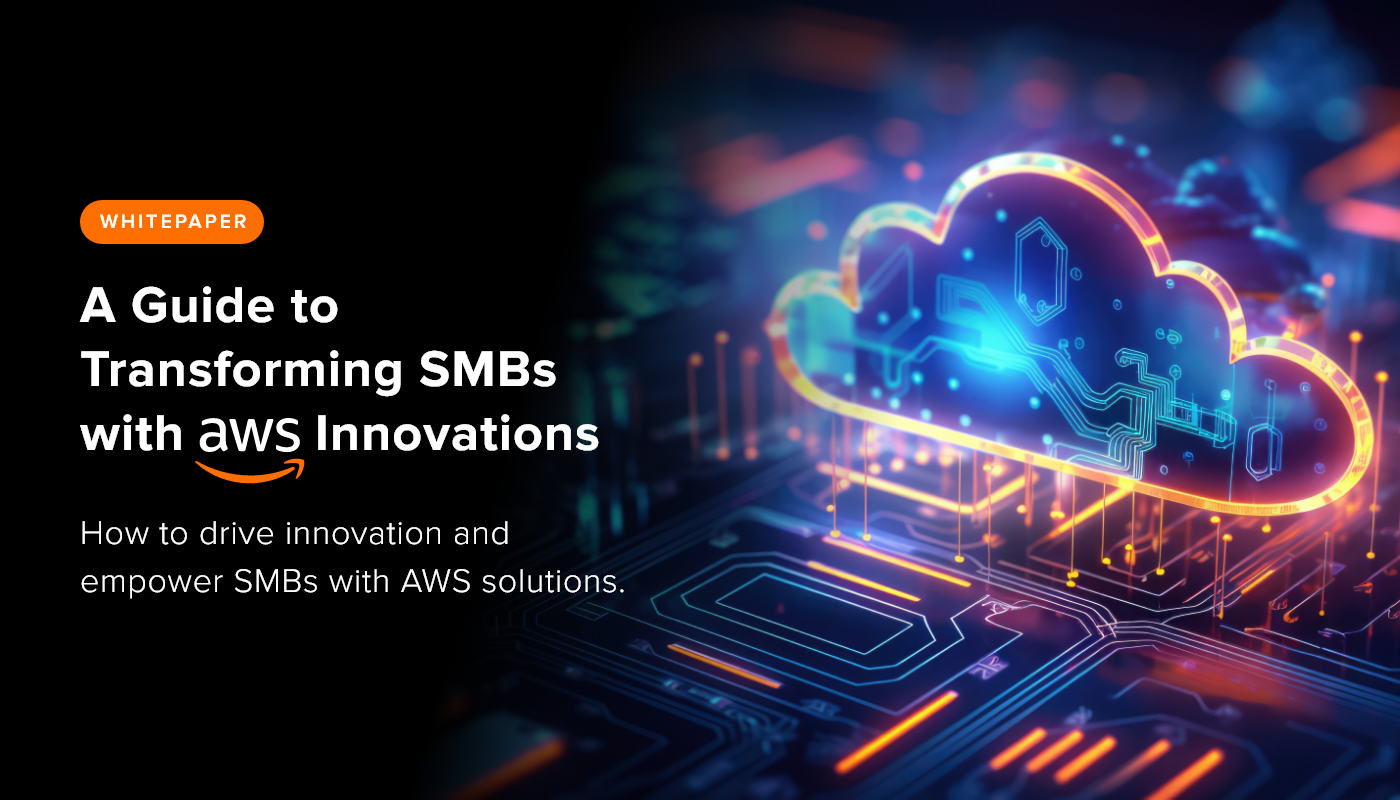We are in an app-driven era of technology. There are mobile apps for navigation, shopping, watching movies, chatting, booking tickets, banking, managing complex projects, accounting, and almost everything we do. The healthcare industry has got its own set of apps for consultation, billing, and other operational or logistics support.
Innovation in healthcare, keeping in mind our increased dependency on mobile usage has given birth to quite a number of mHealth apps. From apps managing wearable tech like health bands to storing and managing various operational data and records of a hospital, there is an app for everything.
The Valuation of the Healthcare App Market
The pandemic has made us heavily dependent on technology that we can access from home and avoid points of contact between individuals. Healthcare mobile apps are rapidly transforming the medical space.
- There are at present over 3,18,000 Healthcare apps across various app stores out of which 47,682 are available in the App Store alone.
- Every day 200 new health apps are added to the store.
- Patients are very willing to embrace smart digital solutions which can improve their self-care experience.
- In Fact, 50% of health app users prefer immediate medical intervention from the comfort of their home rather than visiting a hospital.
- According to a survey, 75% of US consumers are dependent on technology for monitoring their health.
- 74% of users had a satisfactory experience with virtual health care services.
- Nearly 80% of physicians currently use their mobile devices to manage their daily medical practices.
The community size

Digital Health Market

- The digital health market is pegged to grow to a staggering volume of $640 billion by 2026 at a CAGR of 28.5%.
- Healthcare mobile apps market is expected to touch USD 111.1 billion by 2025
- In 2021 digital health investment funding increased by 79% from $32 billion in 2020 to $57.2 billion globally.
- According to a report by CB Insight Digital Health startups are taking less time than ever to progress from mid-to late-stage financing. In 2021 they have taken only 15 months (at the median) to reach from Series C to D of funding.
How Healthcare Mobile Apps Are Transforming the Patient Experience?
The COVID crisis has ramped up digitalization across every industry. The digitalization of the healthcare industry has made it more patient-centric. Comparing medicine prices, getting a customized diet plan, or booking a doctor for online consultation is now at our fingertips.
During COVID we have seen that medical consultation became almost always online. People also are well informed about their health through various wearable devices and associated health apps. The various calorie trackers and diet tools have almost forced people to look up and take a note. Let’s take a look at some key transformations in the healthcare of patients.
Monitoring health from a distance

We have fitness bands that are constantly recording the number of steps walked, calories burnt, and target calories of the day. They are also able to measure pulse rate and pressure which the doctor or medical assistant can access from a distance and notice if there is any abnormality.
Some of the devices are AI-enabled to detect a fall or an abnormal change in vital stats and raise an alert saving precious time.
Immediate access to healthcare

Gone are the days of queuing up at the doctor’s chamber. You can book an appointment through a medical consultation app or even schedule a video consultation.
Today’s medical consultation app also backs up as an Electronic Health Record manager. All the reports and consultation advice are uploaded and stored in a single place which the doctor can easily refer to during follow-up.
Selecting the doctor of your choice

Medical consultation apps come with reviews and ratings of all the enlisted doctors. Since it is online, the patient is free to select a preferred doctor from even a different geographic location. This gives the patient a sense of satisfaction and security of being able to connect to a preferred doctor.
There are also interactive chat assistants which can ask questions and judge a patient’s condition to immediately schedule an appointment with an appropriate doctor reducing response time.
Customized diet and exercise plan

There are plenty of mobile applications which will record various health stats of a user and offer customized diet plans. You can get meal preparation ideas and also maintain a calorie calendar to track your daily calorie intake. Some apps will offer customized exercise plans too.
Compare and buy medicine

Since a number of online pharmacies have set up their app they keep offering interesting discounts. Customers can compare prices and offers for the best deals and get them delivered to their doorstep.
Sometimes the patient gets confused about which medicine is for what. Online pharmacy apps have detailed descriptions of each medicine available in their store along with side effects and possible dangers making the patient aware in detail.
Monitoring and tracking
![]()
Sometimes a patient has to take certain medicine at a specific time. They can use an app to set reminders for that. There are also apps for constantly sharing live information on patients with critical health conditions.
Apps also inform patients about an upcoming follow-up visit with the doctor or a routine blood test to be done.
Women’s lifestyle-centric apps also alert on possible upcoming menstruation dates.
Benefits to Healthcare Professionals
Mobile apps are also making the lives of medical professionals easier and alleviating the healthcare experience as a whole. AI enabled healthcare apps have taken care of maintaining health records, clinical documentation, emergency response, health surveillance and administration, treatment monitoring, and every other aspect of healthcare to transform the industry.
Immediate Access to Patient

Sometimes the patient might be in a geographically remote location or time is very short for a response. Using a mobile app, doctors can take immediate note of the criticalness and administer quick solutions to stabilize the situation.
Synchronized Treatment

A custom communication app can bring the doctor, nurse, laboratory, and other staff seamlessly at the same window. The doctor can be alerted when a lab test report is ready and can accordingly change medication, the nurse can be notified when a patient needs to be given medication or is due for a test, the lab operations team will get a synchronized view of various patient movement, availability of slot on a USG or MRI machine and stages of report generation.
Medical News App

Doctors and healthcare professionals lead a fast-paced life. Several medical news app keeps updating them on the go via push notifications regarding symptoms, and treatment SOPs. It is very important to stay updated on the latest virus or an antigen developed to control the spread of new diseases.
Health Insurance App

A diverse range of health insurance plans exist in the market offering various levels of services. It is not easy for a client to understand the nitty-gritty of difference in offerings. Apps with comparison option make it easier for the client to choose the best suited plan. Before a policy reaches expiry the client is alerted to renew saving his no claim bonus and also maintaining a steady flow of revenue for the company.
Conclusion
Healthcare and Technology have blended and coexisted for a long time. The evolution of mobile apps and integration in the healthcare industry is creating new possibilities and transforming the industry for the future.
If you are a healthcare professional and wondering how to participate in this transformation story, speak to our Digital Health Expert team today.
Talk to us at gleecus.com/contact-us




